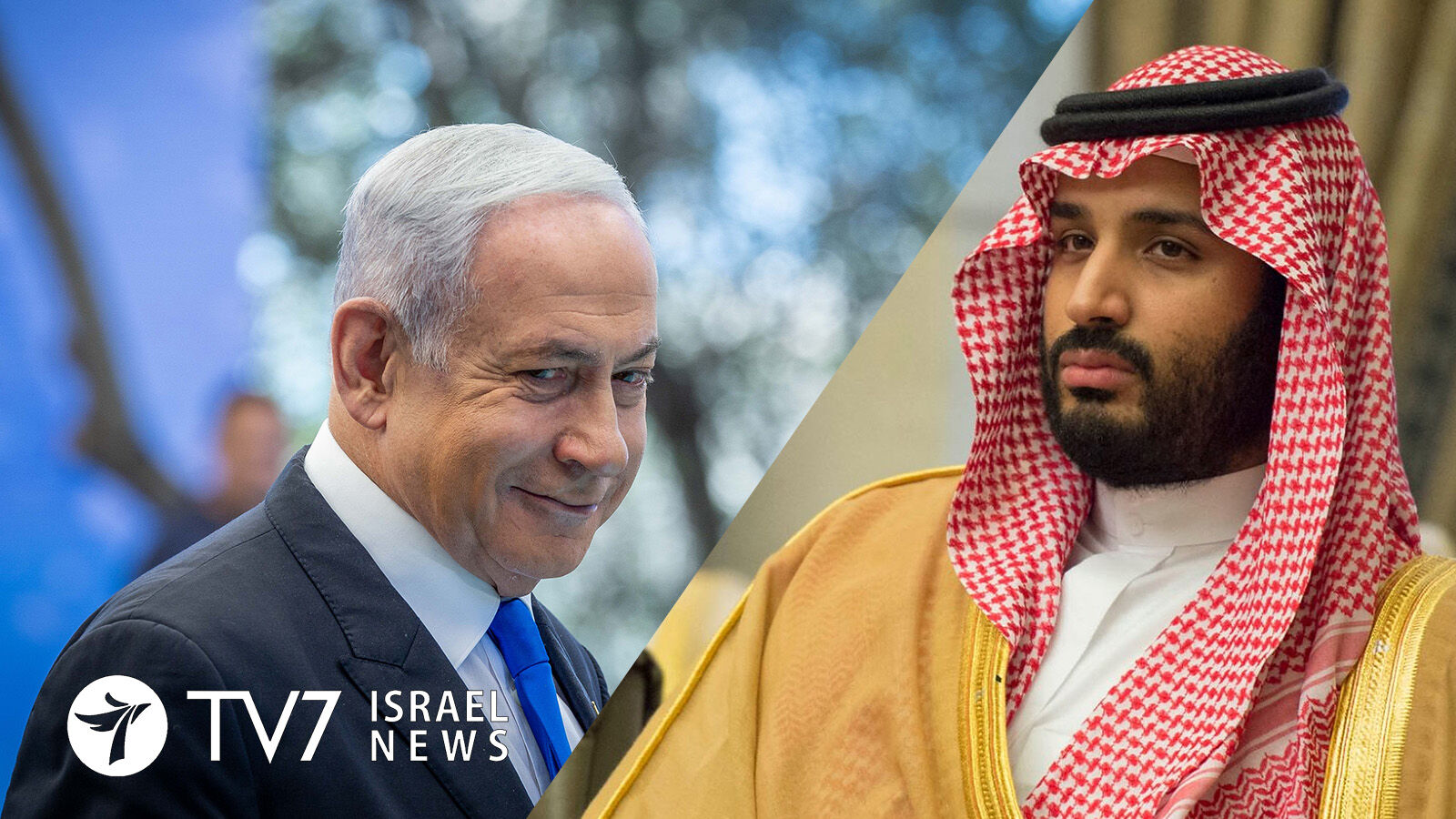This, according to US Secretary of State Antony Blinken speaking to the American Israel Public Affairs Committee (AIPAC) lobby group just ahead of his two-day visit to Saudi Arabia.
By Jonathan Hessen and Erin Viner
During an address to the 2023 AIPAC Policy Summit, Washington’s top diplomat told those gathered about the additional key strategy being used by the White House to bolster Jerusalem’s security, featuring a coordinated effort to further integrate the Jewish State into the predominately Muslim region.
The goals of his trip, he explained, include advancement of hopes for an eventual normalization of Saudi-Israeli ties, along with regaining influence with Saudi Arabia over oil prices, while fending off Chinese and Russian influence in the region.
Washington has “a real national security interest” in advocating for the normalization of diplomatic relations between Israel and Saudi Arabia, said Blinken, while cautioning that such a development will happen quickly.
The Secretary arrived in Saudi Arabia on Tuesday after years of deepening bilateral disagreements that include the recent Saudi rapprochement with Iran. In what did not appear to be a coincidence and even possibly a diplomatic snub of the US, Iran reopened its embassy in the Saudi capital during a festive ceremony the same day as Blinken’s arrival. Iranian Deputy Foreign Minister Alireza Bikdeli, who presided over the inauguration, proclaimed the dawning of a “new era” between the two former regional rivals.
Secretary Blinken was the second top American official to visit Saudi Arabia in less than a month, following a 7 May trip by White House National Security Advisor Jake Sullivan.
The top U.S. diplomat’s 6-8 June trip to the world’s largest oil exporter comes days after it pledged to further cut oil production – a decision that would likely exacerbate tensions in US-Saudi ties already strained by the Kingdom’s human rights record and disputes over the White House policy over the Islamic Republic of Iran.
Saudi Crown Prince Mohammed Bin Salman, the kingdom’s de facto ruler, held “open, candid” talks for an hour and 40 minutes, said a US official, covering topics including Israel, as well as the conflict in neighboring Yemen, the war in Sudan, and human rights. A a State Department readout added that the two also “discussed deepening economic cooperation, especially in the clean energy and technology fields.”
Blinken also raised Israel during a speech to the Gulf Cooperation Council (GCC), although he directed his remarks at Jerusalem’s relations with Ramallah and avoided direct mention of Washington’s diplomatic push for the possible normalization of relations with Riyadh.
Saudi Arabia, Bahrain, Kuwait, Qatar, Oman and the United Arab Emirates (UAE) make up the GCC, which is considered one of the most successful regional groups concentrated on defense and strategic ties.
“We share a commitment to lowering Israeli-Palestinian tensions, maintaining a horizon of hope, and working toward a Two-State solution,” Blinken told representatives of the GCC member states, referring to Palestinians’ quest for statehood on land captured by Israel in the 1967 Six Day War. “And we’re also collaborating with countries in the region to widen and deepen the normalization of relations with Israel,” he said.
Saudi Arabia, a Middle East powerhouse and home to Islam’s two holiest shrines, has so far resisted heavy US pressure to end its decades-old non-recognition of Israel – as have its Gulf Arab neighbors, the UAE and Bahrain.
Riyadh has long maintained that Palestinian statehood goals take precedence over the potential forging of ties with the Jewish States.
